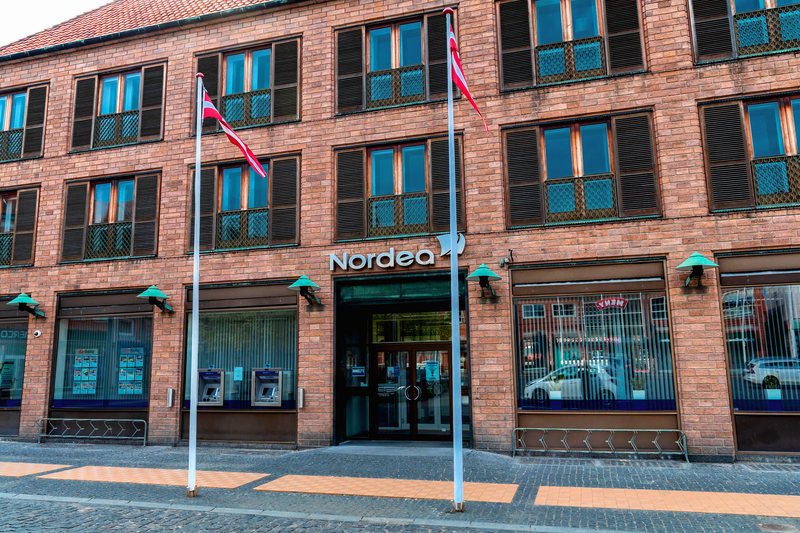The Nordic bank Nordea, headquartered in Finland, has been charged with AML failings on around DKr 26 billion ($3.8 billion) of transactions from its Russian clients between 2012 and 2015.
The charges were brought by Denmark’s National Special Crime Unit (NSK), which found that the bank failed to properly investigated the Russian clients’ transactions, and ignored warnings about transactions to exchange offices in Copenhagen in Denmark.
“The indictment in the case is the most comprehensive regarding violations of the Money Laundering Act that we have seen in the banking sector in Denmark,” said Nathalie Ghiorzi Elias, head lawyer of NSK.
“In our assessment, Nordea has breached its obligations in several cases. As a result, a good 26 billion (Danish) kroner has flowed through the bank, despite the fact that there could be suspicions that the money was linked to money laundering.”
Failed to have proper systems and processes
In a statement, Nordea acknowledged that it earlier had deficiencies in its systems and processes to combat financial crime, and that it had been expecting a fine for those flaws. Yet Anders Holkmann Olsen, chief legal officer at Nordea Denmark, said that the bank does not agree with the NSK’s assessment of the case.
“The core is that this is an old case, which in some cases goes back more than 10 years, and which now … is assessed on the basis of subsequent legislation,” he said. “As mentioned earlier, we expected to receive a fine, but in our opinion the case should be decided on the basis of the legal situation at the relevant time – a position supported by the separate legal assessments of three leading law firms.”
Invested $1.6 billion to combat economic crime
The case started in 2015 when the Danish Financial Supervisory Authority (FSA) investigated whether Nordea Denmark had sufficient processes to identify and combat money laundering. Findings from the investigation led to a number of orders, and the case was handed over to the Public Prosecutor’s Office for further investigation in June 2016.
Holkmann Olsen said that Nordea has co-operated constructively and been in dialog with the authorities over the years. Since 2015, the bank has also invested DKr 11 billion ($1.6 billion) to combat economic crime. “As a financial institution, we are very conscious of our position and responsibility in society,” he said.
“The indictment in the case is the most comprehensive regarding violations of the Money Laundering Act that we have seen in the banking sector in Denmark.”
Nathalie Ghiorzi Elias, head lawyer, NSK
“We have 3,400 employees dedicated primarily to this effort, and we work closely with authorities to stop the criminals and their activities in order to support this social mission. We do not accept being exploited for financial crime.”
The case is now awaiting settlement at the Copenhagen District Court, and will be conducted by the State Attorney for Special Crime.












